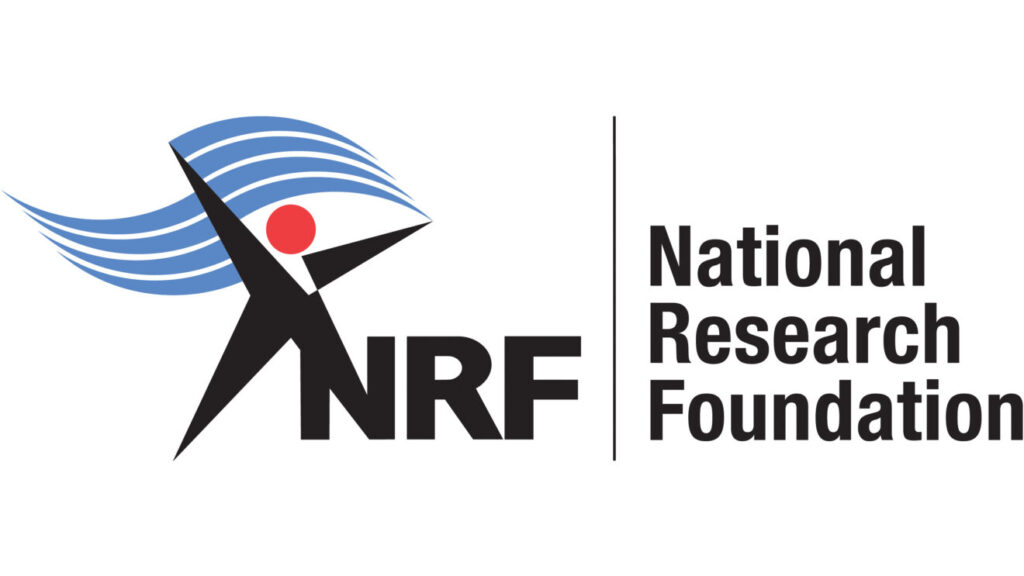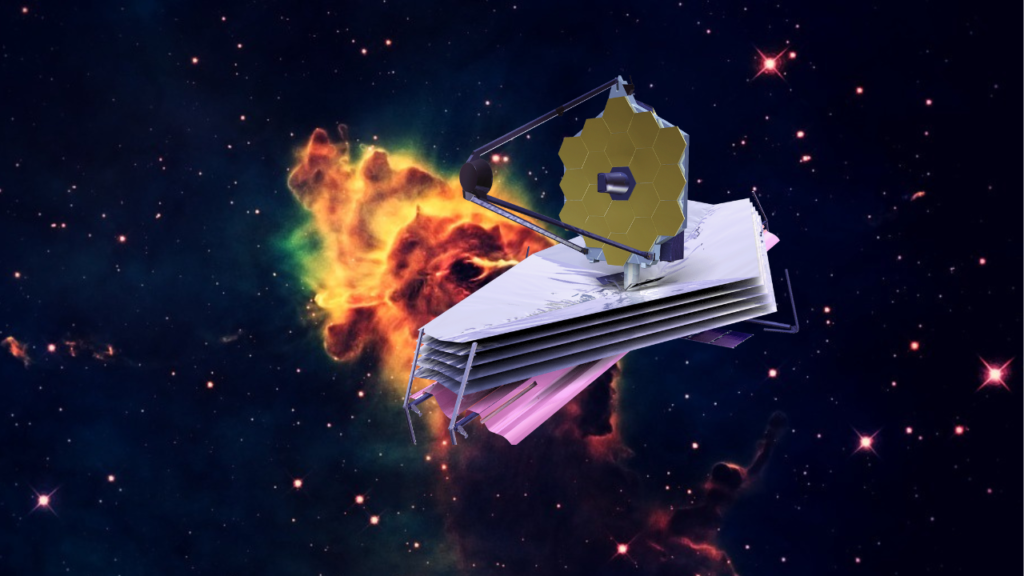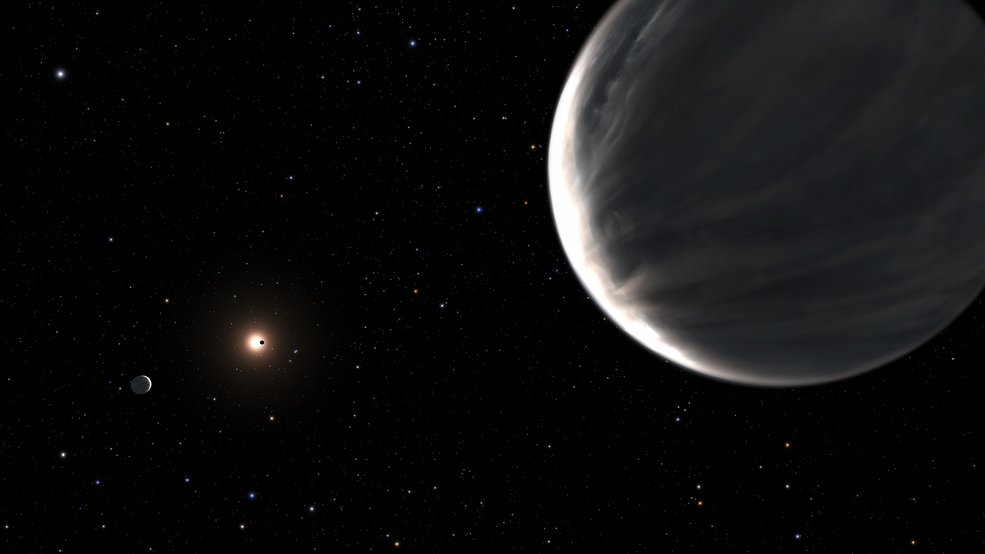In a press release by South Africa’s National Research Foundation (NRF) and the Science and Technology Facilities Council (STFC) of the United Kingdom, the foundation announced the establishment of a new global research network aimed at advancing physics topics such as radio astronomy and sustainable energy. This collaboration, supported by a USD 26.7 million (EUR 25 million) fund, will connect institutions in the UK, South Africa, and across Africa.
The initiative will be supported by the NRF, the Institute of Physics (IoP) in the UK and Ireland, and other institutions, and will include the following key programmes:
- The Research Infrastructure Partnership Programme (RIPP)
- The Africa-UK Physics Partnership Programme
These programmes are the latest to receive funding from UK Research and Innovation (UKRI) through the International Science Partnerships Fund (ISPF).
Global Research Networks
The Research Infrastructure Partnership Programme (RIPP) is set to facilitate lab-to-lab collaborations between NRF and STFC facilities. This initiative will develop international physics capacity through various activities, including training opportunities, staff exchanges, and collaborative research. In addition, the programme will support physics-related research and development between South African and UK universities, aligning with the NRF’s agenda to support historically disadvantaged institutions in South Africa.
This investment follows a Memorandum of Understanding (MoU) signed by STFC and NRF in April 2021. Dr Angus Paterson, Acting Deputy CEO for National Research Infrastructure Platforms at the NRF, commented, “The NRF is delighted to be working with UKRI STFC on the various programmes. Linking key South African research platforms to those within the STFC is exciting and will lead to staff exchanges, training opportunities and, most importantly, innovative research.”
The Future of Astronomy
Investment in RIPP will also support the Development in Africa with Radio Astronomy (DARA) and DARA Big Data initiatives. These initiatives, now combined and led by the University of Leeds, aim to build radio astronomy and data science expertise in the host countries of the Square Kilometre Array Observatory. RIPP will deliver high-tech skills training in several African countries, enabling their citizens to contribute to one of the most ambitious international science collaborations in history. This effort is expected to yield real-world impacts by improving opportunities and outcomes for local researchers.
Energy and Climate Science
The Africa-UK Physics Partnership Programme is a collaboration between STFC and the IoP, developed in response to a 2019 IoP analysis that highlighted the limited involvement of physics in research programmes across sub-Saharan Africa. Given the broad benefits of strong international networks in physics research, especially in energy, climate, and weather, this programme aims to address the issue by fostering collaborations between the UK and seven African countries. The goal is to build and sustain a skilled cohort of STEM graduates through network building and access to leading UK research facilities.
Rachel Youngman, Deputy Chief Executive of the Institute of Physics, stated, “We are delighted to hear that STFC has committed to funding a new UK-Africa Physics Partnership programme. The impact of climate change in Africa is visible with the devastating effect it is having on communities and livelihoods. Physics has a central role in finding solutions and in the UK, we have much to learn from tackling climate change in Africa. Until now though, funding for physics in African universities has been lagging behind other sciences and this has impacted the capacity to undertake vital research and innovation.”
According to Professor Mark Thomson, Executive Chair of STFC, “I am delighted to announce the continuation of our work with the National Research Foundation and Institute of Physics to advance physics in Africa and support crucial research efforts from astronomy to climate science. We are extremely proud of our International Science Partnerships Fund programmes which are helping to develop stronger physics research networks the world over for the benefit of the entire field. Now more than ever, physics is a necessarily international endeavour and partnerships such as these are essential to ensure that leading minds in the UK, Africa, and beyond can collaborate effectively on ambitious global projects such as the Square Kilometre Array.”
This new global research network represents a significant step forward in international scientific collaboration, promising to drive innovation and development in key areas of physics, while also addressing pressing global challenges.
Source: https://spaceinafrica.com/2024/06/23/new-global-research-network-launched-to-advance-physics-in-radio-astronomy-and-sustainable-energy/



